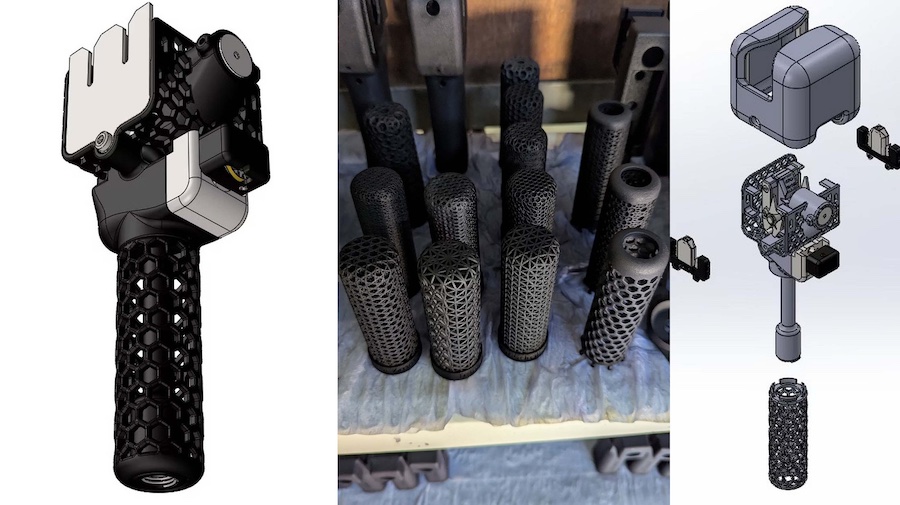#Associations
REACH4Textiles - Better market surveillance for textile products

Every year, about 28 billions of garments circulate across Europe, 80% of which are imported from outside the EU and its jurisdiction.
Inevitably, such huge volumes pose enormous challenges for market surveillance authorities which are called to ensure that uncompliant dangerous products are kept away from the EU citizens.
The European Union has the world most comprehensive chemical legislation which is set to protect consumers, the environment and, theoretically, even the competitiveness[1] of the business.

Such EU chemical legislation evolves constantly, increasing scope and ambition. New restrictions impact authorities and sectors like the European textile value chain and generate new costs for all actors.
Evidence suggests that such advanced regulatory framework is not completed with an equally advanced or effective EU-wide control system capable of ensuring compliance, especially in the case of imported products.
The REACH4texiles project aims at exploring solutions for fair and effective market surveillance on textile products; it pools together the key actors to address three objectives:
- Keep non-compliant products away from the single market.
- Increase skills and knowledge
- support a Network addressing chemicals in textiles and applying the EU regulation 2019/1020
The 2 years project will share best practices, identify efficient approaches against non-compliant products, offer training and support for a more effective surveillance and for level playing field.
The project welcomes collaboration with concerned authorities across the EU Member States.
More information:
A well-functioning EU market surveillance system is an essential prerequisite to protect citizen, the environment and competitiveness of responsible business. When it comes to textiles, the broad range of products, the large set of REACH subjected chemicals used in textiles as well as industrial strategies like fast fashion make this a challenging task.
Challenges may include lack of resources, difficulties in identifying higher risk products, cost and management of chemical tests, lack of test methods and knowledge of best practices. These challenges are yet likely to increase with the upcoming REACH restrictions and the growth of e-commerce.
Because of this, products that do not comply with REACH regulations encounter today little or no barriers to enter the market. This creates not only a health risk for Europeans but also undermines the competitivity of responsible businesses that take all necessary measures to comply with these regulations.
Addressing the challenges requires more knowledge at market surveillance and stronger collaboration between these authorities, the textile and clothing industry and testing laboratories. More knowledge about the identification of risk baring textile products and REACH chemicals likely to be used in these products, suitable test methods and strategies such as fast screening on REACH chemicals, trustworthiness of labels, etc can increase the effectiveness of market surveillance considerably.
This was the motivation for the REACH4Textiles initiative.
The REACH4Textiles first objective (keep non-compliant products away from the EU Market) will be pursued by increasing knowledge on market surveillance functioning by and working on a risk-based approach to identify products at higher risk.
The second objective supports a network to address the specificities of chemicals in textiles with market surveillance authorities and involving other relevant stakeholders. The third objective focuses on sharing knowledge with market surveillance actors on textile products and suitable test methodologies.
Supported by the European Commission DG Growth, the project team is coordinated by the Belgian test and research center Centexbel and include the European Textiles and Apparel industry confederation, EURATEX, the German national textile and fashion association Textile und Mode, T+m, the Italian association Tessile e Salute. Several other European industry associations and national authorities are welcomed to become involved through the project activities.
[1] the purpose of the EU REACH Regulation is to “ensure a high level of protection of human health and the environment, including the promotion of alternative methods for assessment of hazards of substances, as well as the free circulation of substances on the internal market while enhancing competitiveness and innovation”














